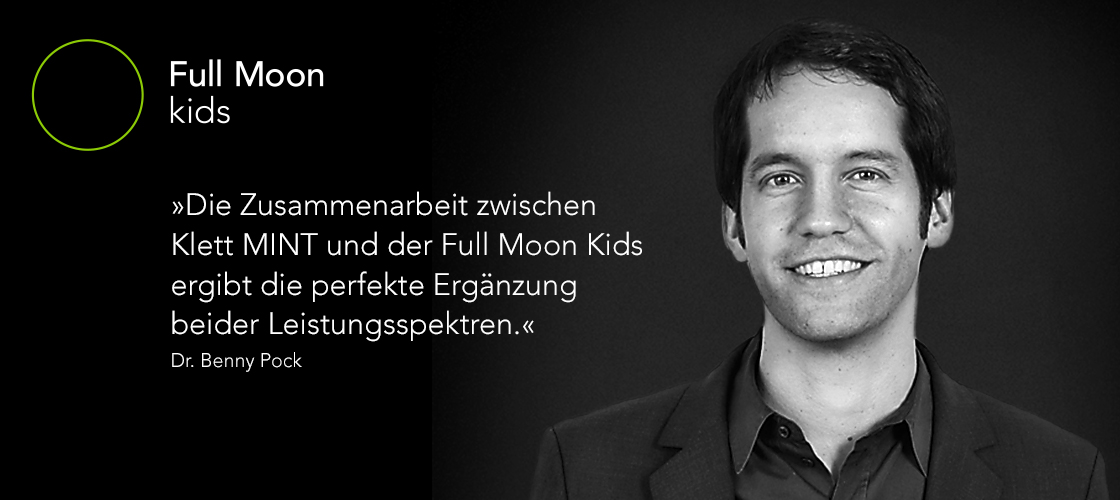
Interview Benny Pock
More and more companies are discovering pupils and teachers as a target group. Where does the trend come from and where do you see the advantages in addressing them via school?
Dr. Benny Pock: I think this has something to do with the fact that school is becoming increasingly important for children, parents and society in general. Today, children and young people spend much more time at school than in the past. Many suggestions, also with regard to career and study orientation, must therefore come from school. External partners in turn can support such processes and promote the often quoted practical relevance in schools.
Is advertising at schools allowed everywhere at all or what should be taken into account? What is your advice to companies that want to communicate in this way?
Dr. Benny Pock: This is regulated very differently from state to state. From the company's point of view, however, the main criterion should be which offers fit the school's mission. So to be really successful, you have to go beyond simple advertising and offer added value for the educational institutions. Our joint approach with Full Moon Kids is to use different formats to link practice and school, to enable application-oriented teaching and to encourage pupils in their development opportunities. To bring students to the point where they say: "Oh, that's what I need this for" - this is the goal that drives all our activities.
As the name suggests, Klett MINT focuses on the fields of mathematics, information technology, natural sciences and technology. Where does that come from and do you also support clients in other areas?
Dr. Benny Pock: When Klett MINT was founded in 2010 as an agency for educational communication, the focus was on promoting MINT enthusiasm in day care centres and schools. Our clients were therefore initially primarily companies, foundations and associations that were committed to MINT as part of their social mission. In addition, we soon received enquiries from quite different sectors: For example, from foundations that were committed to more basic economic education in schools. In the meantime, we are working on very different topics. Thanks to our broad network of authors and speakers, we are able to react very flexibly. One focus is on initiatives and companies that offer digital education.
What advantages do you see for your customers from the cooperation between Klett MINT and Full Moon Kids?
Dr. Benny Pock: This cooperation enables us to offer a much broader range of services - especially in the event sector and in the field of communication for children and young people. Full Moon Kids is one of the market leaders in Germany. And the fact that we harmonise well with each other and that our service ranges complement each other perfectly has already been demonstrated by our cooperation on joint customer projects.
What criteria play a role in a cooperation in the field of educational communication that addresses a highly sensitive target group?
Dr. Benny Pock: Very important: As a company, I must be driven by a genuine interest in education. What also counts is a high degree of professionalism on both sides, sensitivity to the needs of clients and educational institutions, and transparency in internal and external communication.
How will educational communication change in the course of digitisation over the next few years or in which direction will it develop?
Dr. Benny Pock: It is expected to be much more individualised. A great opportunity of digitisation lies in the fact that teachers and pupils can work with the offers and tasks that suit them. In addition, there is a great need for media competence among both pupils and teachers. In the age of digitisation, including such phenomena as "fake news" and cyberbullying, this is an important task for educational institutions. In my view, the classic analogue channels will not be displaced. And the opportunity for personal encounters within the framework of further education, workshops and events will also remain a high priority.
Dr Pock, thank you very much for the interview.